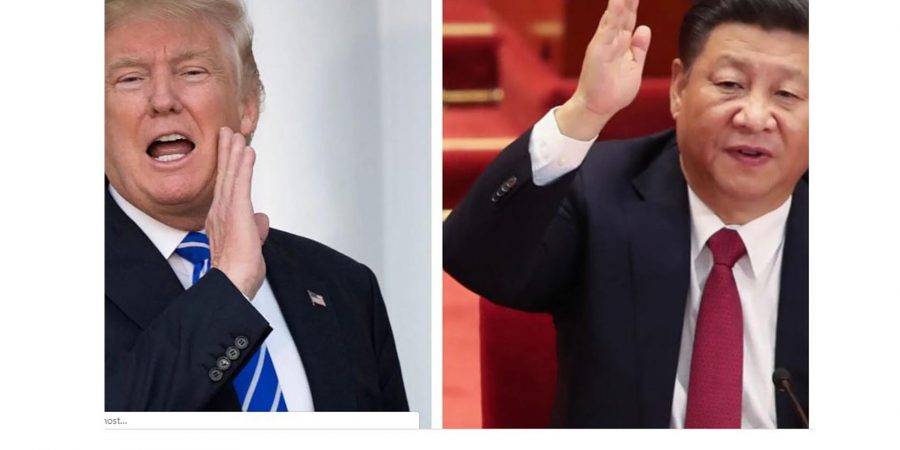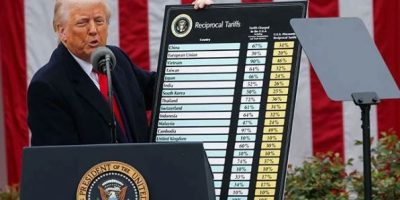US stepped up its tech war against China, placing sanctions on its biggest chipmaker

WASHINGTON, – The United States has imposed restrictions on exports to China’s biggest chip maker SMIC after concluding there is an “unacceptable risk” equipment supplied to it could be used for military purposes.
Suppliers of certain equipment to SMIC will now have to apply for individual export licenses, according to a letter from the Commerce Department dated Friday.
The latest move marks a shift in U.S. policy from earlier this year, when applicants seeking “military end user” licenses to sell to SMIC were told by the Commerce Department that the licenses weren’t necessary, according to three people familiar with the matter.
SMIC said it had not received any official notice of the restrictions and said it has no ties with the Chinese military.
“SMIC reiterates that it manufactures semiconductors and provides services solely for civilian and commercial end-users and end-uses,” SMIC said.
“The Company has no relationship with the Chinese military and does not manufacture for any military end-users or end-uses.”
SMIC is the latest leading Chinese technology company to face U.S. trade restrictions related to national security issues or U.S. foreign policy efforts. Telecoms giant Huawei had its access to high-end chips curtailed by its addition to a Commerce Department blacklist known as the entity list.
“There’s been a lot of coverage on the Trump administration’s actions regarding TikTok, but the more significant action – from a global economic standpoint and that will have considerable ripple effects through global supply chains – are the increasing restrictions on SMIC and other Chinese national champions like Huawei,” said Nicholas Klein, a Washington lawyer who specializes in international trade. He said these actions are more likely to draw a retaliatory response from Beijing.
“SMIC reiterates that it manufactures semiconductors and provides services solely for civilian and commercial end-users and end-uses,” SMIC said.
“The Company has no relationship with the Chinese military and does not manufacture for any military end-users or end-uses.”
SMIC is the latest leading Chinese technology company to face U.S. trade restrictions related to national security issues or U.S. foreign policy efforts. Telecoms giant Huawei had its access to high-end chips curtailed by its addition to a Commerce Department blacklist known as the entity list.
“There’s been a lot of coverage on the Trump administration’s actions regarding TikTok, but the more significant action – from a global economic standpoint and that will have considerable ripple effects through global supply chains – are the increasing restrictions on SMIC and other Chinese national champions like Huawei,” said Nicholas Klein, a Washington lawyer who specializes in international trade. He said these actions are more likely to draw a retaliatory response from Beijing.
It is unclear which suppliers received the letter, but typically once the Commerce Department comes to the conclusion that there is a risk of military use or diversion, it sends that information to the companies.
The Commerce Department’s Bureau of Industry and Security declined on Saturday to comment specifically on SMIC, but said it was “constantly monitoring and assessing any potential threats to U.S. national security and foreign policy interests”.
The administration has increasingly trained its focus on Chinese companies that bolster Beijing’s military.
Last month, the United States blacklisted 24 Chinese companies and targeted people it said were part of construction and military actions in the South China Sea, its first such sanctions against Beijing over the disputed strategic waterway.
Related News

Washington weighing strike on Iran as Tehran says draft deal coming soon
PARIS, FEB 20: US President Donald Trump said he was considering a limited strike onRead More

US Supreme Court rejects Trump’s global tariffs
WASHINGTON: The US Supreme Court struck down on Friday President Donald Trump’s sweeping tariffs thatRead More


Comments are Closed